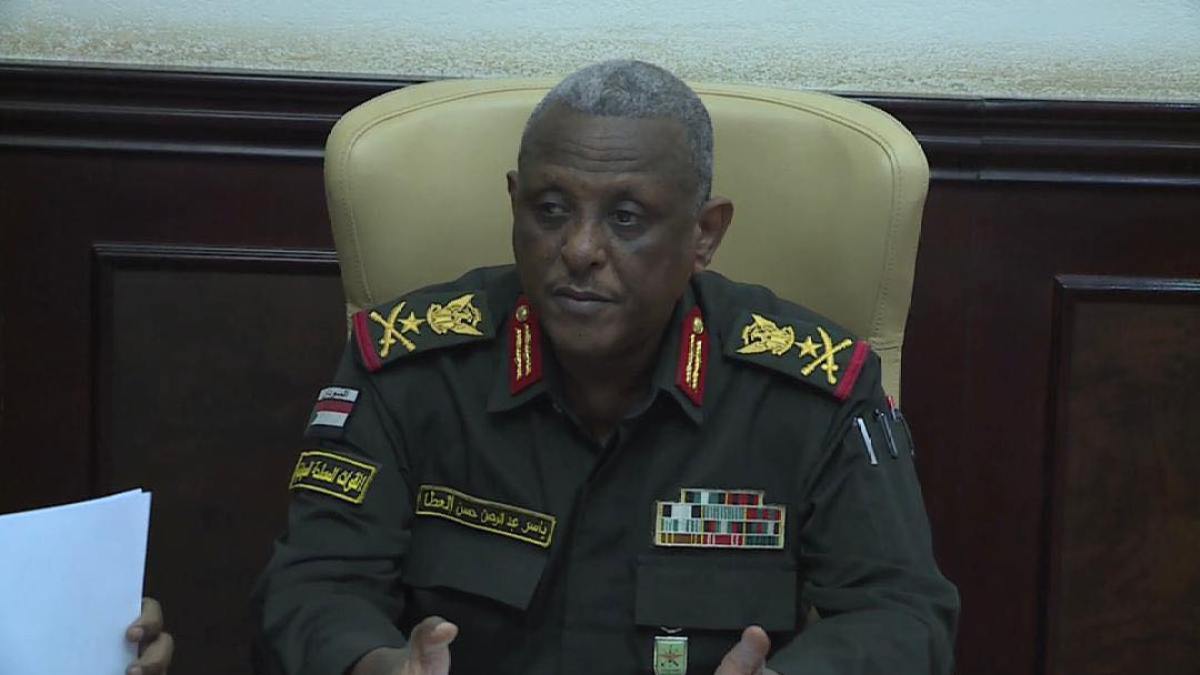A member of the Sudanese Sovereignty Council, Lieutenant General Yasser Al-Atta, said today, Saturday, that there is no respectable country with two armies, calling for the integration of the Rapid Support Forces and armed movements within the Sudanese army.
In a speech during his participation in a mass marriage ceremony in the state of River Nile, Al-Atta affirmed the army's determination to integrate the Rapid Support Forces and all the signatory movements of the peace agreement into the armed forces.
He added that the threat of owning a private army and personal and economic gain could lead to the collapse of the Sudanese state.
Al-Atta stressed the ability of the armed forces to establish security and control any irresponsible acts, "God forbid."
These statements come amid reports of disagreements between the two generals, Abdel Fattah al-Burhan, head of the Sovereign Council and army commander, with Mohamed Hamdan Daglo "Hamidti", his deputy in the Sovereignty Council and commander of the Rapid Support Forces.
And sources had revealed a few days ago that Al-Burhan intends to dissolve the Sovereignty Council and form the Supreme Council of the Armed Forces under its presidency, provided that it continues its sovereign duties until agreement is reached on the new sovereign level and the selection of a prime minister, with the aim of reducing Hemedti’s influence.
Lieutenant General Yasser Al-Atta acknowledged the existence of a disagreement between the leadership of the army and the Rapid Support Forces, and not between the two forces, stressing that there would be no clash between them.
"I assure the Sudanese people that there will be no clash between the armed forces and the Rapid Support Forces," he said in an interview broadcast on Sudan's state television last week.
Al-Atta said, "The dispute between al-Burhan and Hamidti is caused by a difference in political visions," as the leadership of the Rapid Support Forces sees the formation of the government with any limited forces, but the army adheres to a broad-based government and broad national consensus, because forming a weak and fragile government would be a threat to national security.

